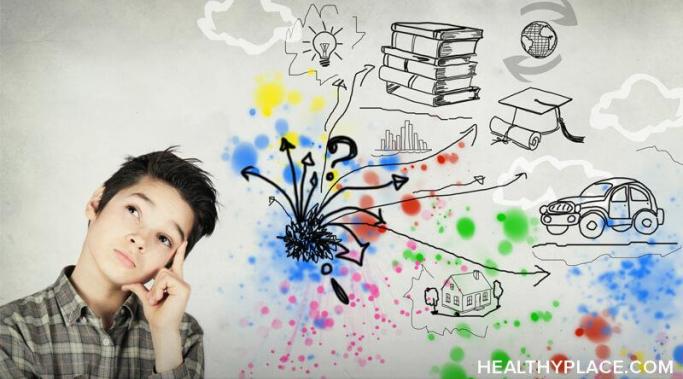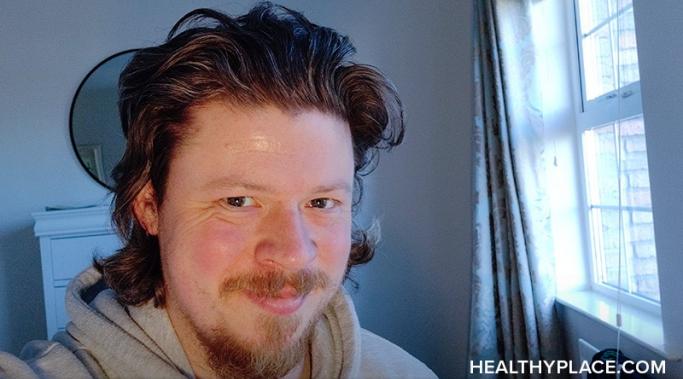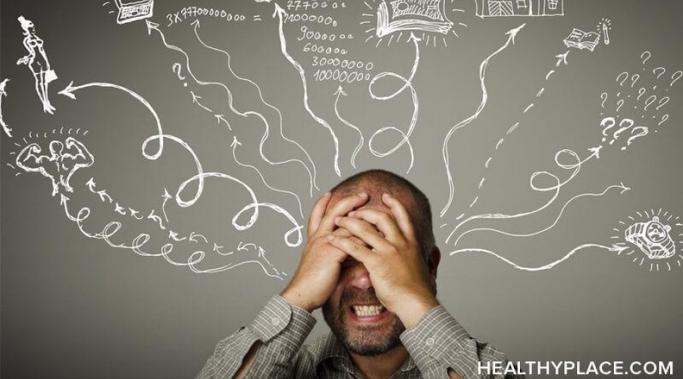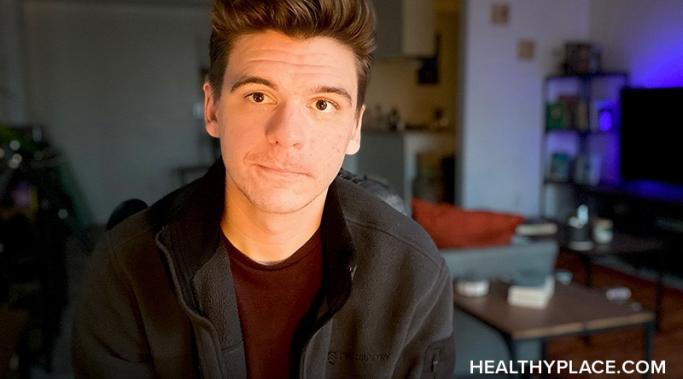In the last blog post, we looked at how my attention-deficit/hyperactivity disorder (ADHD) led me across the Atlantic Ocean on impulse in a short and ill-fated trip to Canada. This time around, I'll talk about how I control impulsivity at home. In particular, I'll show you the simple system I use to get things done.
Living with Adult ADHD
Even before I was diagnosed with attention-deficit/hyperactivity disorder (ADHD) or knew the symptom of ADHD overstimulation could result in a dramatic panic attack,1 I'd been nervous about attending my first music festival.
Dictionary.com defines impulsivity as "the quality of being easily swayed by emotional or involuntary urges or by momentary desire, without weighing them rationally." Up until my diagnosis of attention deficit hyperactivity disorder (ADHD), impulsivity was my life's mantra.
I've tried making morning routines for myself to focus, following classic self-help tips: meditation, yoga, going for a run first thing in the morning, ensuring I get eight hours of sleep, etc. None of it stuck. More importantly, none of it helped. I never felt more productive or focused on my work. I never felt like it contributed to my success or happiness. Frankly, most of my success has come from moments of pure, chaotic frenzy--which might have something to do with attention-deficit/hyperactivity disorder (ADHD).
Hi, I'm Michael Thomas Kincella, and I’m the new co-author of "Living with Adult ADHD." I'm a freelance writer living and working in Glasgow, originally from Ireland. More importantly, I'm a freelance writer living and working in Glasgow dealing with attention-deficit/hyperactivity disorder (ADHD), diagnosed a few years ago at the ripe old age of 32.
When I was undiagnosed with attention-deficit/hyperactivity disorder (ADHD), and I'd gotten into arguments with romantic partners, I regularly found myself unable to form a coherent sentence. I wanted to say so many things, but trying to transfer those thoughts from my head to my mouth left me feeling like I'd eaten a too-large spoonful of mashed potatoes and was now being asked to sing the national anthem live on television. My body would tense with anxiety. My mind would be a chaotic whirlwind of TV static, and when I opened my mouth, all that came out was a long, irritating beep letting everyone know the channel was not accessible.
I'm an overthinker. I always have been. My inability to reach a decision has gotten better as I've become a better planner and figured out an organizational system that makes sense for me. Still, there's one thing that helped even more: a diagnosis of adult attention-deficit/hyperactivity disorder (ADHD).
I’m Austin Harvey, a screenwriter, author, blogger, musician, and new addition to the "Living with Adult ADHD" blog at HealthyPlace. I was diagnosed with attention-deficit/hyperactivity disorder (ADHD) in February of 2021, at age 24, but no matter what year it is, hindsight is 20/20. In other words, my diagnosis explained a lot. I used to procrastinate on all my assignments and never planned much for the future; I was terrible with money (okay, I'm still terrible with money); I spoke without thinking first, then wondered why I'd said what I'd said; I struggled with simple, stupid things like what color shirt to wear or how I wanted to spend my free time, which often meant wasting my free time thinking of all the things I could be doing. It was an exhausting life, and it was through learning about my neurodivergency that I was able to explain some of these behaviors and, more importantly, work on correcting them.
My attention-deficit/hyperactivity disorder (ADHD) diagnosis should have been a bipolar disorder diagnosis. I've thought I lived with ADHD for 14 years. Here's my story.
October is attention-deficit/hyperactivity disorder (ADHD) awareness month, and I want to share some soft skills ADHD has helped me develop. I know that for many people having ADHD is everything but a superpower and a gift. Because ADHD is a spectrum disorder, it affects everyone differently and to varying degrees. Some people would trade their ADHD in a heartbeat for something less debilitating or frustrating, and some relish in all the things ADHD enables them to do. This post isn't another one of those toxic positivity posts, but more of another perspective—the side we may not always see, but may later come (or not) to appreciate in all its subtleties.









